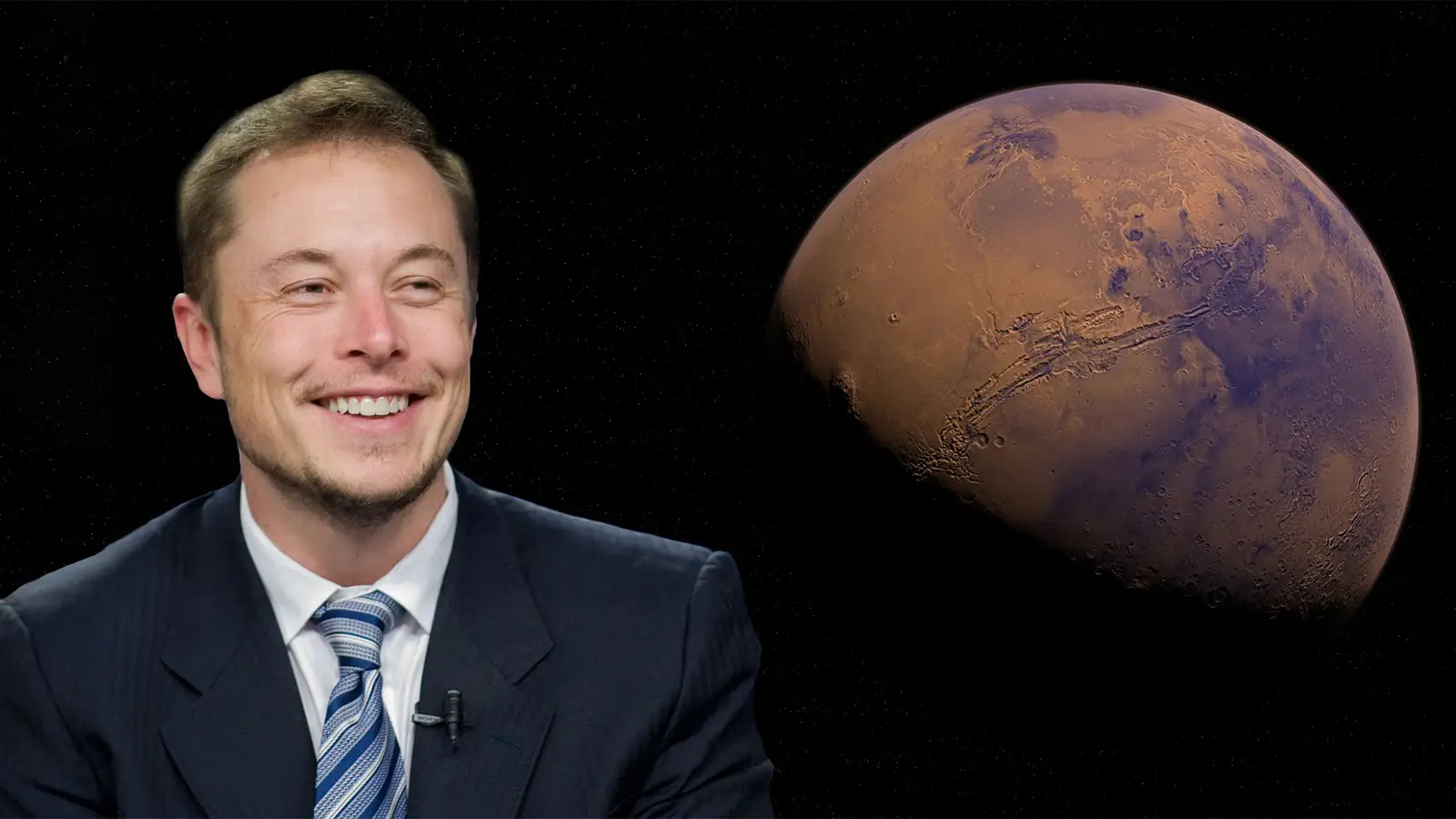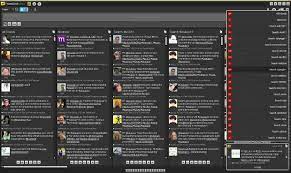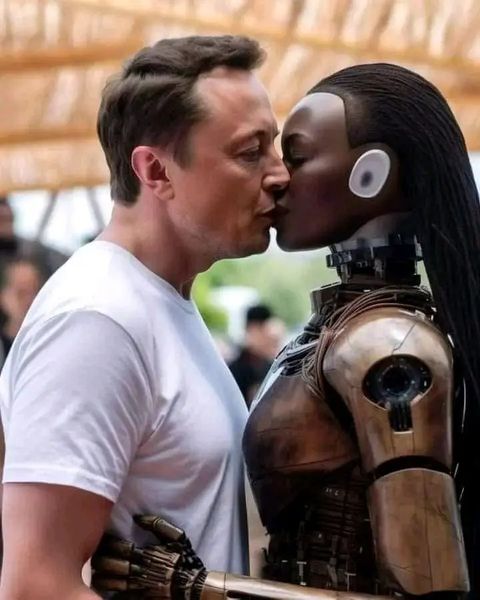Twitter To Go Behind a Paywall

On Monday, Elon Musk discussed his vision for the social network formerly known as Twitter, now referred to as X, during a live-streamed conversation with Israeli Prime Minister Benjamin Netanyahu. Among the topics covered, Musk announced the intention to introduce a "small monthly fee" for using the X platform as a measure to counteract the proliferation of "vast armies of bots."
Musk did not disclose the specific cost of the proposed subscription plan for platform users, nor did he provide details on the features included in the basic subscription tier.
During the live stream, Musk also shared some updated statistics about X, indicating that it currently boasts 550 million "monthly users" who generate between 100 million and 200 million posts daily. However, he did not clarify how many of these monthly users are genuine individuals as opposed to bots, nor did he offer a direct comparison to the metrics previously reported by Twitter. In May 2022, before Musk's acquisition, Twitter had reported an "average monetizable daily active usage" of 229 million.
The primary focus of Musk's conversation with Netanyahu was initially to revolve around the theoretical risks associated with artificial intelligence technology and potential regulatory approaches. However, Musk also used the opportunity to challenge the perception that his social network tolerates hate speech and antisemitism, a subject that had drawn widespread criticism from civil rights groups due to the amplification of such content on the platform, including accounts, content, and conspiracy theories with antisemitic themes.
Following his acquisition of Twitter for approximately $44 billion in late October, Musk implemented significant workforce reductions and instituted sweeping changes to the platform. He maintains control of the company as its largest shareholder, serves as chief technical officer and executive chairman, and also holds the position of CEO at both the automaker Tesla and aerospace company SpaceX.
Among the notable changes he introduced was granting "amnesty" to previously suspended accounts, a move that drew strong criticism from experts in online safety and hate speech. Under Musk's leadership, the platform reinstated the accounts of former President Donald Trump, who had been previously banned for his role in encouraging the January 6, 2021, Capitol insurrection, as well as the personal accounts of Rep. Marjorie Taylor Greene, R-Ga., and the founder of a neo-Nazi website, Andrew Anglin.
Musk also eliminated Twitter's "blue check" verification system, which was used to identify authentic accounts belonging to public figures, including celebrities, elected officials, scientists, authors, business and education leaders, working journalists, and others. Under the current system, users who pay a fee can display a blue subscriber badge next to their names, and their posts receive priority in the feeds of other users. Those who do not subscribe experience reduced amplification for their posts and potentially lower engagement on the platform. Musk reiterated his belief that converting users into paid subscribers would create obstacles and make it financially unfeasible for bots to operate on the forum.
Tags: Elon Musk Twitter Andrew Anglin Benjamin Netanyahu


